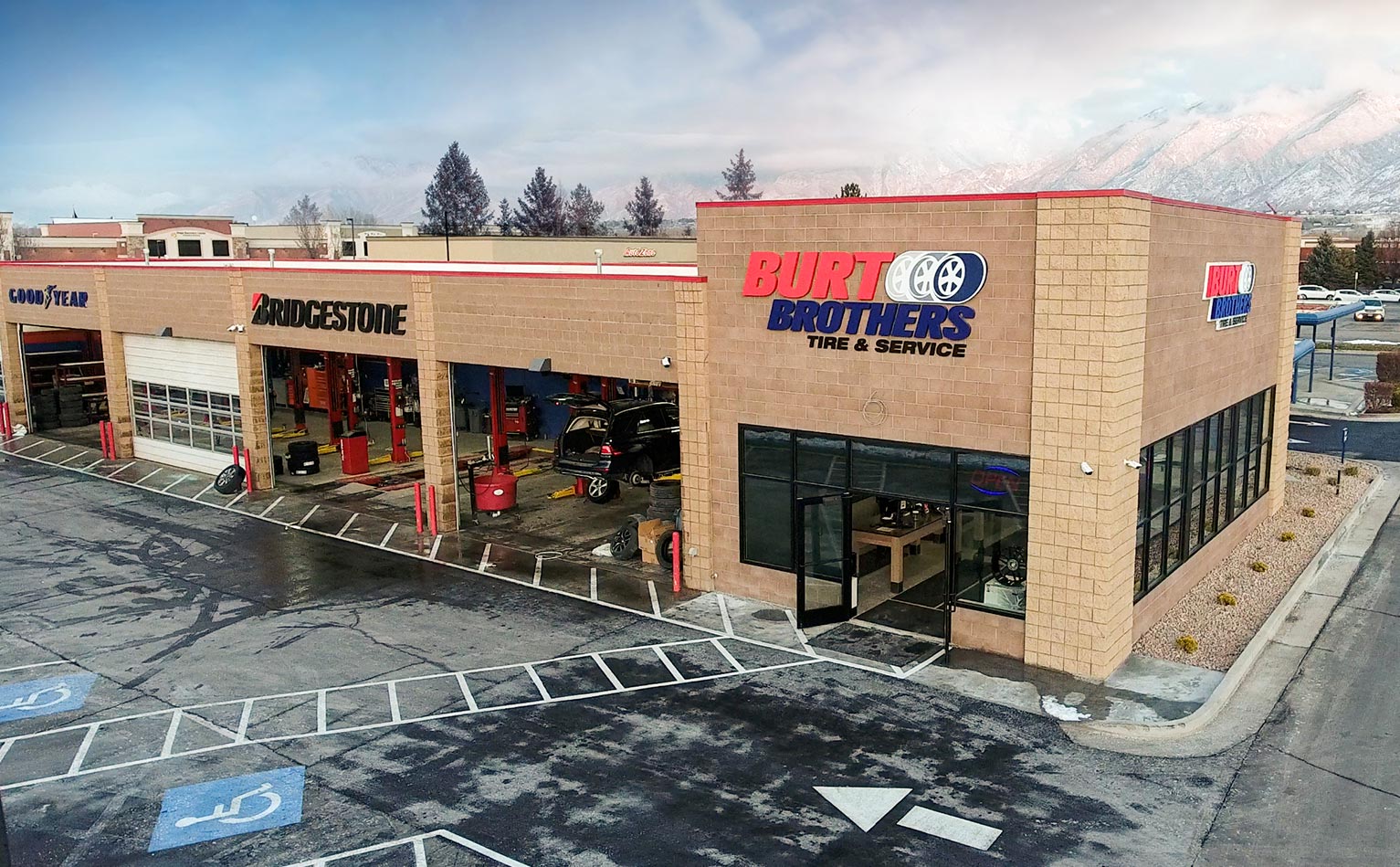The Environmental Advantages of Proper Tire Maintenance
Preserving correct tire treatment is frequently neglected, yet its influence on the atmosphere is profound. Correct tire upkeep not just extends the lifespan of tires but also reduces land fill waste and adds to enhanced air quality.
Lowered Gas Consumption
Improving tire maintenance practices can cause a substantial decrease in fuel intake for vehicles. tire tracks morris il. Effectively inflated tires ensure optimum call with the roadway surface, reducing rolling resistance and improving gas effectiveness. According to the U.S. Department of Energy, underinflated tires can decrease gas mileage by 0.2% for each 1 psi decrease in pressure in all four tires. This might appear like a small portion, however when increased by the number of automobiles when driving, the cumulative impact is substantial.
In enhancement to tire stress, normal tire turnings and positionings also play a critical role in gas efficiency. Unevenly used tires can enhance gas usage as the engine works harder to maintain rate and traction. By preserving correct positioning and revolving tires at advised periods, vehicle drivers can ensure even use and extend the life of their tires, eventually conserving gas and minimizing their carbon impact.
Extended Tire Life-span
Expanding the lifespan of tires is an essential element of efficient lorry upkeep practices that can yield price financial savings and environmental advantages in the future. By properly preserving tires, motorists can dramatically lengthen their functionality, reducing the regularity at which brand-new tires need to be produced and old ones dealt with. This not just saves valuable resources yet also decreases the energy and exhausts connected with tire production and disposal processes.
Routinely inspecting tire pressure, rotating tires, and guaranteeing correct alignment are important steps in prolonging tire life expectancy. Sufficient walk deepness is essential for optimum grip and safety, but it likewise contributes in how much time tires can be used before requiring replacement. Additionally, avoiding hostile driving habits that accelerate tire wear, such as harsh stopping and sharp turns, can even more improve tire sturdiness.
Inevitably, enhancing the durability of tires with aggressive upkeep not only profits the setting by lowering waste and saving sources yet additionally results in set you back savings for automobile owners by delaying the need for brand-new tire acquisitions.
Lower Exhausts Outcome
Effective tire upkeep techniques add to a reduction in discharges result, tire shop near me straightening with environmental sustainability goals in the auto industry. Effectively inflated tires, on a regular basis turned and aligned, can improve fuel effectiveness, therefore reducing the general co2 exhausts from lorries. When tires are underinflated, the engine should work more challenging to thrust the car, causing raised gas usage and higher exhausts. By preserving ideal tire pressure levels, drivers can assist reduce these unfavorable see this environmental influences.
Additionally, well-maintained tires additionally enhance traction and reduce rolling resistance, better improving fuel effectiveness. This, consequently, decreases the quantity of exhaust gases released right into the atmosphere. In addition, making certain tires are correctly inflated and lined up can extend the life-span of the tires, reducing the frequency of tire replacements and the linked ecological costs of tire manufacturing and disposal.

Lowered Land Fill Waste
Given the favorable influence of proper tire upkeep on minimizing discharges result, an additional significant environmental advantage is the possibility for reduced land fill waste. By ensuring that tires are correctly inflated, aligned, balanced, and revolved regularly, their life-span can be dramatically expanded.

Improved Air Quality
Enhancing air high quality through appropriate tire upkeep practices is a vital aspect of sustainable ecological stewardship. When tires are underinflated, they create extra rolling resistance, causing increased fuel intake and higher discharges of hazardous contaminants such as carbon monoxide and nitrogen oxides. Appropriately filled with air tires not just enhance fuel efficiency however additionally reduce the amount of toxins launched into the air.
Furthermore, properly maintained tires with proper walk deepness and alignment contribute to much safer motoring problems, reducing the possibility of mishaps that can cause the launch of added pollutants into the atmosphere. By extending the life expectancy of tires with routine upkeep and turning, less tires are disposed of too soon, lowering the ecological influence of tire disposal and production procedures.
Verdict
In final thought, proper tire upkeep uses numerous ecological benefits. It is vital for individuals to focus on tire upkeep as an easy yet effective means to safeguard the environment for future generations.
Correct tire maintenance not just prolongs the lifespan of tires yet also lowers garbage dump waste and adds to enhanced air top quality - morris tire. By keeping appropriate placement and turning tires at advised intervals, vehicle drivers can make sure even extend the life and wear of their tires, eventually saving fuel and minimizing their carbon footprint
By appropriately maintaining tires, motorists can significantly extend their usability, minimizing the regularity at which new tires require to be manufactured and old ones disposed of.Consistently checking tire stress, revolving tires, and guaranteeing proper alignment are crucial steps in prolonging tire life-span. Additionally, making sure tires are effectively inflated and lined up can expand the lifespan of the tires, decreasing the regularity of tire substitutes and the linked environmental costs of tire production and disposal.